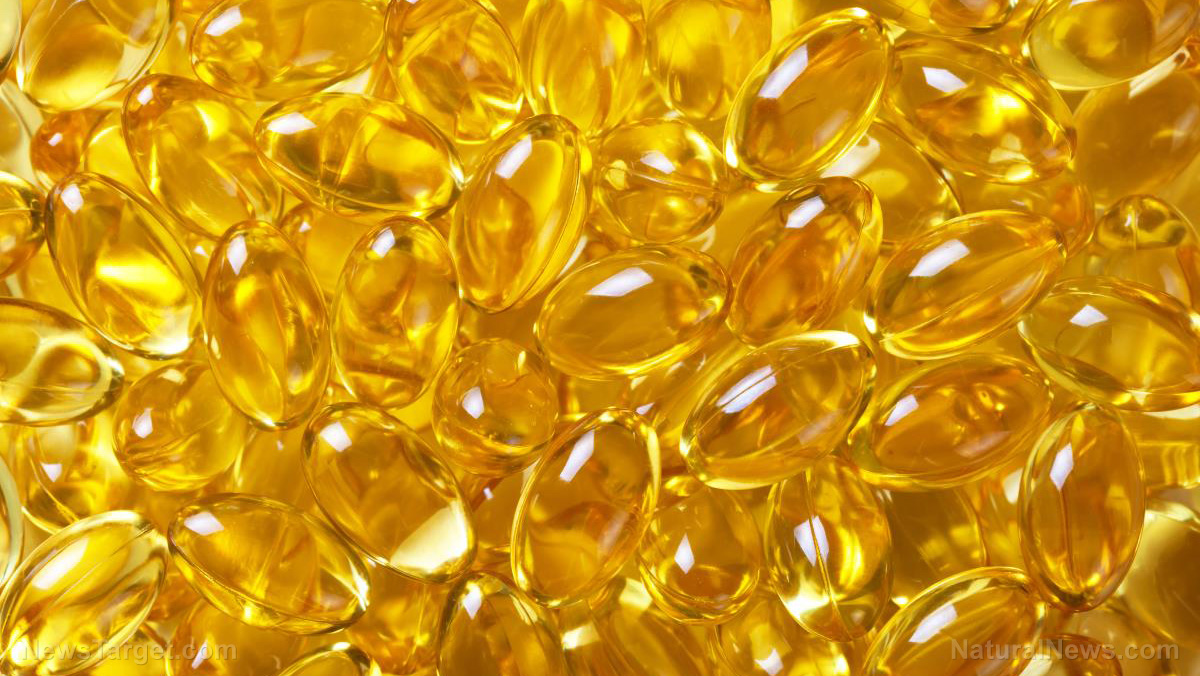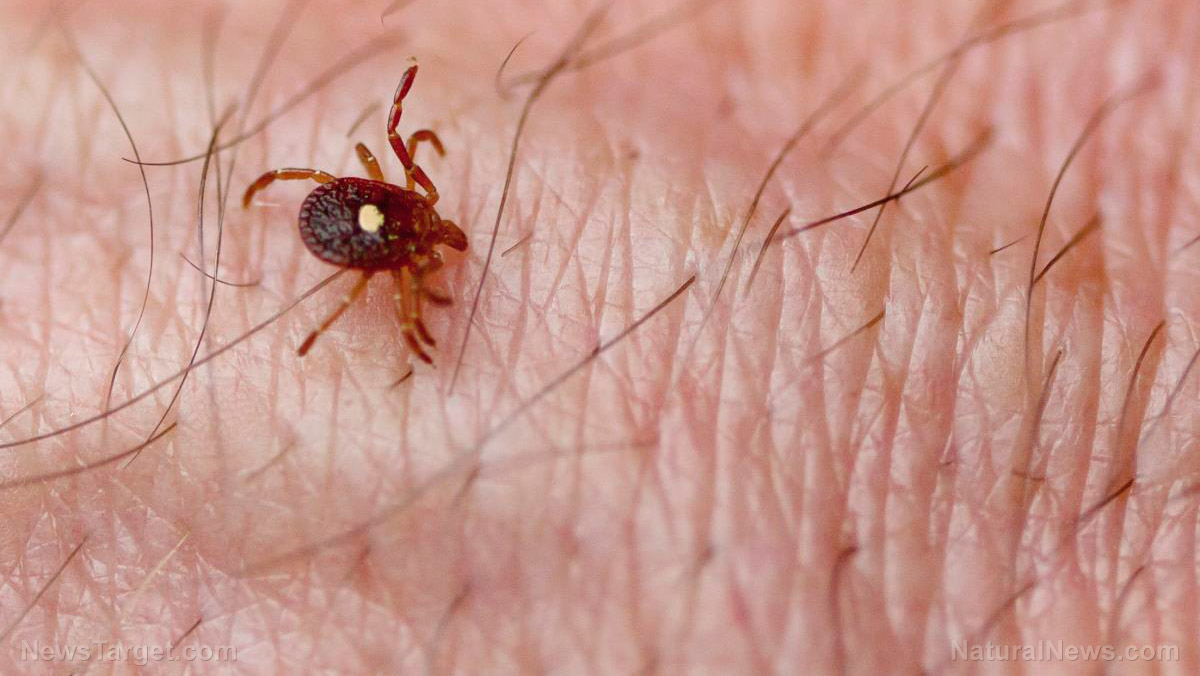New research says vitamin D may reduce the severity of COVID-19
05/06/2020 / By Michael Alexander

Vitamin D may play an important role in reducing the severity of COVID-19 infections, according to a new study conducted by researchers from Trinity College Dublin.
The study, conducted by the Irish Longitudinal Study on Ageing (TILDA) and published in the Journal of Alimentary Pharmacology and Therapeutics, explored major discrepancies in COVID-19 mortality rates at different latitudes worldwide.
Countries in the southern hemisphere, such as Australia, have relatively low coronavirus-related mortality rates compared to countries located in the northern hemisphere, such as Italy and Spain. These two countries not only logged two of the highest number of mortality in the pandemic, but they also logged low population levels of vitamin D.
The researchers pointed to the high prevalence of vitamin D deficiency in the northern countries as the possible reason for their high coronavirus-related mortality rates.
This deficiency, the researchers noted, could stem from the fact that these countries are located in latitudes that receive insufficient sunlight in both winter and spring. Vitamin D is a nutrient synthesized by the human body as a response to sunlight exposure.
“We have evidence to support a role for Vitamin D in the prevention of chest infections, particularly in older adults who have low levels. In one study Vitamin D reduced the risk of chest infections to half in people who took supplements,” Rose Anne Kenny, Principal Investigator of TILDA, said in a press statement.
According to Kenny, aside from its known ability to support a healthy immune system response and promote good bone and muscle health, vitamin D also has the ability to suppress severe inflammatory responses in patients who are seriously ill with COVID-19.
“Vitamin D has many benefits for bone and muscle health and the immune system, in addition to a potentially critical role in suppression of the severe pro-inflammatory response which characterizes severe COVID-19 complications,” Kenny said.
In their study, the TILDA researchers recommended vitamin D supplementation for at-risk populations, effectively echoing similar calls from several institutions such as Public Health England and the Scottish and Welsh governments, which have all issued recommendations for supplementation of vitamin D for nursing home residents, as well as those who may not get enough sun exposure, such as people who are required to wear clothes that cover most of the skin when outdoors, or people with dark skin.
“If vitamin D status is sufficient, it could benefit vulnerable adults, in particular, those 70+ years and older who are ‘cocooning’ during the COVID-19 outbreak,” the TILDA research team noted.
Vitamin D can be obtained from food sources such as salmon, tuna, sardines and other oily fish, as well as cheese, egg yolks and beef liver.
However, according to Eamon Laird, a Trinity research fellow who also worked with the TILDA team, supplementation is the best means of getting vitamin D, echoing a statement by his TILDA colleague Kenny who said that taking supplements of 800 to 1,000 mcg per day will help ensure normal blood values of the vitamin in individuals.
“As the effects of coronavirus continue, many of us are limited in the time we can spend outdoors, so extra care is required to keep vitamin D levels healthy”, Laird stated.
Vitamin D can help protect respiratory, immune systems
A fat-soluble nutrient, vitamin D is associated with the proper functioning of the body’s musculoskeletal, gastrointestinal, endocrine, and cardiovascular systems.
One of its more important functions, however, is its ability to support an optimal immune system.
“There’s no disagreement between scientists and doctors that vitamin D is important for the immune system,” Harvard geneticist David Sinclair said, noting that the body’s immune cells need vitamin D in order to properly function.
In a review published in the Central European Journal of Immunology, researchers from the University of Palermo in Italy noted that vitamin D plays a crucial role in promoting a healthy immune response by acting as an immunomodulator. The vitamin does this by enhancing the production of antimicrobial agents within the body.
Recent findings, meanwhile, from an in vitro study by researchers from the University of Eastern Finland, noted that vitamin D may play a role in the activation of certain genes that are involved in the body’s immune response. (Related: Vitamin D: Are you getting enough of this essential vitamin?)
Aside from its positive effects on the body’s immune system, a paper published in the BMJ also links vitamin D to improvements in respiratory health, noting that the vitamin aids in “protecting” the respiratory system by preventing it from contracting infections.
The study was based on the extensive analysis of raw data that the researchers compiled from around 11,000 individuals who participated in 25 clinical trials conducted across 14 countries.
They found that vitamin D helped guard the respiratory system from infections by boosting levels of antimicrobial peptides — natural antibiotic-like substances — in the lungs.
“Our results add to the body of evidence supporting the introduction of public health measures such as food fortification to improve vitamin D status, particularly in settings where profound vitamin D deficiency is common,” the research team from Queen Mary University of London, said.
Visit Pandemic.news for the latest news and studies on potential COVID-19 treatments like vitamin D.
Sources include:
Submit a correction >>
Tagged Under:
antioxidants, coronavirus, covid-19, Flu, immune system, natural cures, natural medicine, Natural Treatments, nutrients, prevention, research, supplements, vitamin D, vitamins
This article may contain statements that reflect the opinion of the author





















